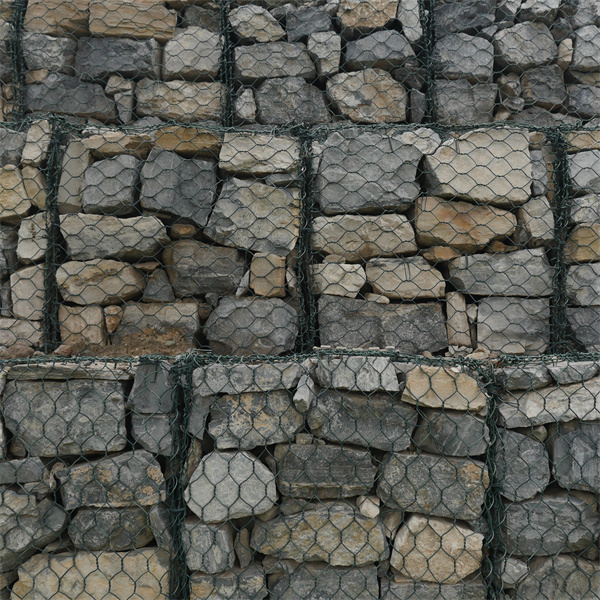Ago . 09, 2024 23:50 Back to list
Coils and Gabion Basket Production Facilities for Innovative Construction Solutions and Sustainable Design
The Role of Gabion Basket Coils Factories in Modern Construction and Landscaping
In the ever-evolving world of construction and landscaping, gabion baskets have emerged as a sustainable and versatile solution for various applications. These baskets, typically made from wire mesh and filled with rocks, stones, or concrete, serve multiple purposes, including erosion control, retaining walls, landscaping features, and noise barriers. The factories that produce gabion basket coils play a crucial role in ensuring the quality and availability of these essential construction materials.
Understanding Gabion Baskets
Gabion baskets originated from military engineering, where they were used to fortify positions and create barriers. Over the years, their use has expanded into civil engineering and landscaping. The structure of a gabion basket allows for the free flow of water, making it an effective solution for drainage and erosion control. Unlike traditional solid structures, gabions can adapt to shifting soil conditions, making them a resilient choice in unstable environments.
The Manufacturing Process
Gabion basket coils factories specialize in producing these essential components with precision and quality. The manufacturing process begins with selecting high-quality steel wire coated with zinc or a polymer for corrosion resistance. This coating is critical, as gabion baskets are often exposed to the elements. The wire is then woven into a mesh that forms the basket structure. Factories typically invest in specialized machinery to automate the weaving process, ensuring consistent quality and sizes that meet industry standards.
After weaving, the wire mesh is cut and formed into coils ready for shipment. These coils can be easily transported to construction sites where workers assemble them into various configurations. The flexibility of the coils allows for on-site customization, enabling builders to adapt to specific project needs.
gabion basket coils factories

Sustainable Practices
In recent years, the emphasis on sustainability has influenced the practices of gabion basket coils factories. Many manufacturers are shifting towards eco-friendly production methods. For instance, some are using recycled materials in their wire production or sourcing stones that are locally available, reducing transportation emissions. Additionally, gabion baskets themselves promote sustainability in construction; they encourage the use of natural materials and can be filled with recycled concrete, further minimizing the carbon footprint of a project.
Applications in Construction and Landscaping
The versatility of gabion baskets has led to their widespread use in various applications. In construction, they are often used in the creation of retaining walls, which help stabilize slopes and reduce soil erosion. Their porous nature allows for effective water drainage, mitigating the risk of flooding in susceptible areas.
In landscaping, gabions add an aesthetic element to outdoor spaces. They can be used to create decorative walls, seating areas, and garden features. The natural look of stone-filled gabions blends seamlessly with the environment, making them an attractive option for designers and architects.
Conclusion
Gabion basket coils factories play an essential role in the construction and landscaping industry by providing high-quality, durable, and sustainable materials. Their efficient production processes and commitment to quality ensure that gabion baskets continue to meet the demands of modern construction projects. As we move towards a more sustainable future, the adaptability and environmental benefits of gabion baskets further solidify their place as a preferred choice for builders and landscape designers alike. The continued innovation within these factories will surely pave the way for even more applications and improvements in the years to come.
-
Why PVC Coated Gabion Mattress Is the Best Solution for Long-Term Erosion Control
NewsMay.23,2025
-
Gabion Wire Mesh: The Reinforced Solution for Modern Construction and Landscape Design
NewsMay.23,2025
-
Gabion Wall: The Flexible, Seismic-Resistant Solution for Modern Landscaping and Construction
NewsMay.23,2025
-
Gabion Wall Solutions: The Durable, Decorative, and Affordable Choice for Every Landscape
NewsMay.23,2025
-
Gabion Basket: The Durable and Flexible Alternative to Traditional Retaining Walls
NewsMay.23,2025
-
Gabion Basket: The Proven Solution for Slope Stability and Flood Control
NewsMay.23,2025
-
Versatility of Chain Link Fence Gabion
NewsMay.13,2025






